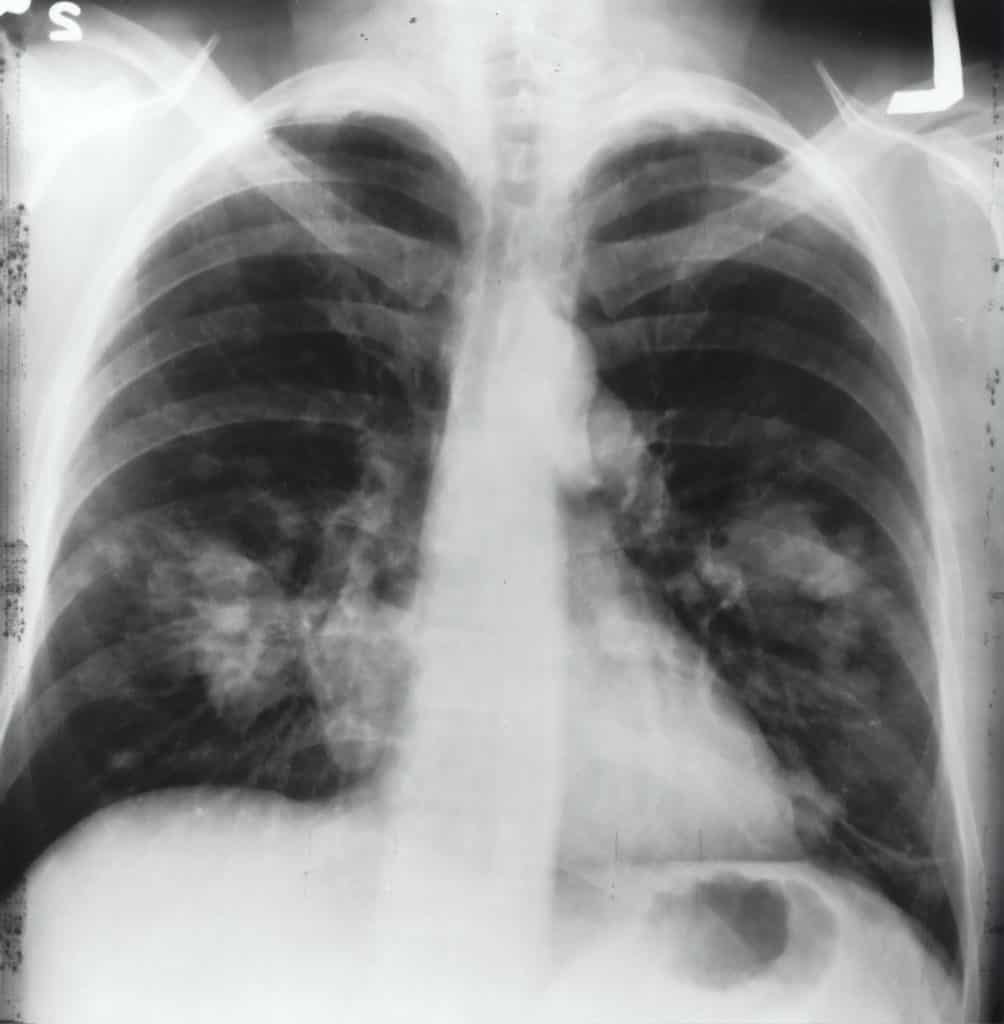
FDA grants Breakthrough Device Designation to pulmonary hypertension early detection AI
pharmafile | May 25, 2022 | News story | Research and Development |
Anumana has announced the FDA had granted Breakthruogh Device Designation to its AI-enhanced ECG-based Pulmonary Hypertension (PH) Early Detection Algorithm.
Breakthrough Device Designations recognise novel innovations demonstrating potential to provide more effective treatment, or diagnosis for life-threatening or irreversibly debilitating diseases. The designation helps to accelerate the regulatory process.
The algorithm is a precise, non-invasive screening tool that addresses an unmet need for earlier diagnosis of patients with pulmonary hypertension, which may otherwise go unnoticed until the disease has advanced. This late diagnosis delays treatment initiation, and thereby limits treatment efficacy, as well as adversely impacts patient outcomes.
“Electrophysiology waveforms hold immense untapped potential for detecting diseases earlier in their natural history, particularly for conditions in which earlier diagnosis and therapeutic intervention can prolong survival and improve quality of life,” said Venky Soundararajan, PhD, co-founder and Chief Scientific Officer of Anumana and nference.
“While therapeutic options for patients with pulmonary hypertension have evolved in recent years, we have not seen significant advancement in reducing the time from symptom onset to diagnosis – and our hypothesis was that data science could help change this,” said Najat Khan, PhD, Chief Data Science Officer and Global Head, Strategy and Operations, Janssen Research & Development, LLC.
PH is a progressive, life-threatening disease estimated to affect up to 0.1-1% of the global population. Due to the non-specific symptoms of the disease, such as shortness of breath, diagnostic delays are common, often longer than a year, and have been linked with a higher mortality risk in certain patient subgroups.
“Early diagnosis of pulmonary hypertension is paramount due to its progression and potential severity,” said Paul Friedman, MD, chair of the Department of Cardiovascular Medicine at Mayo Clinic. “The addition of AI to a standard ECG – a painless, inexpensive, widely used test that is routinely performed – transforms the ECG into a screening tool for PH, with the opportunity to improve outcomes via early detection by guiding appropriate testing.”
Ana Ovey








